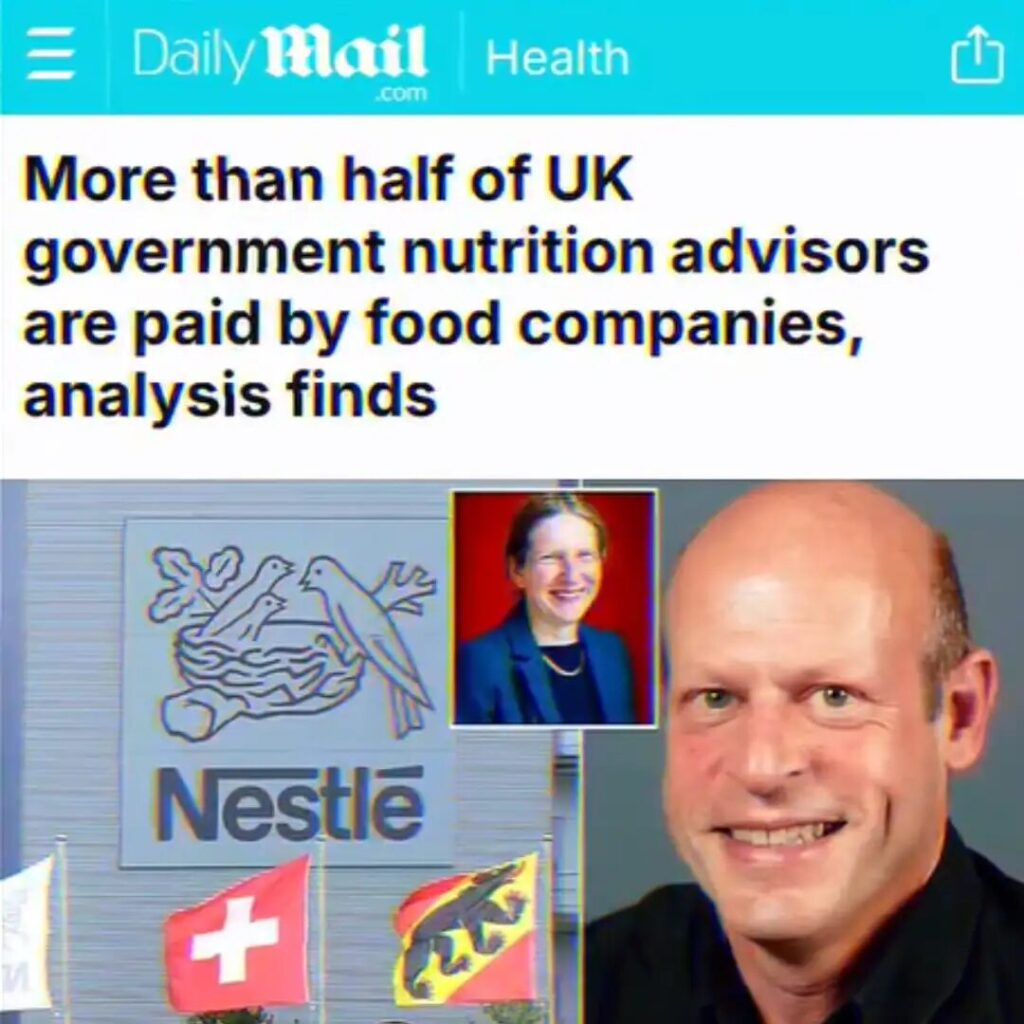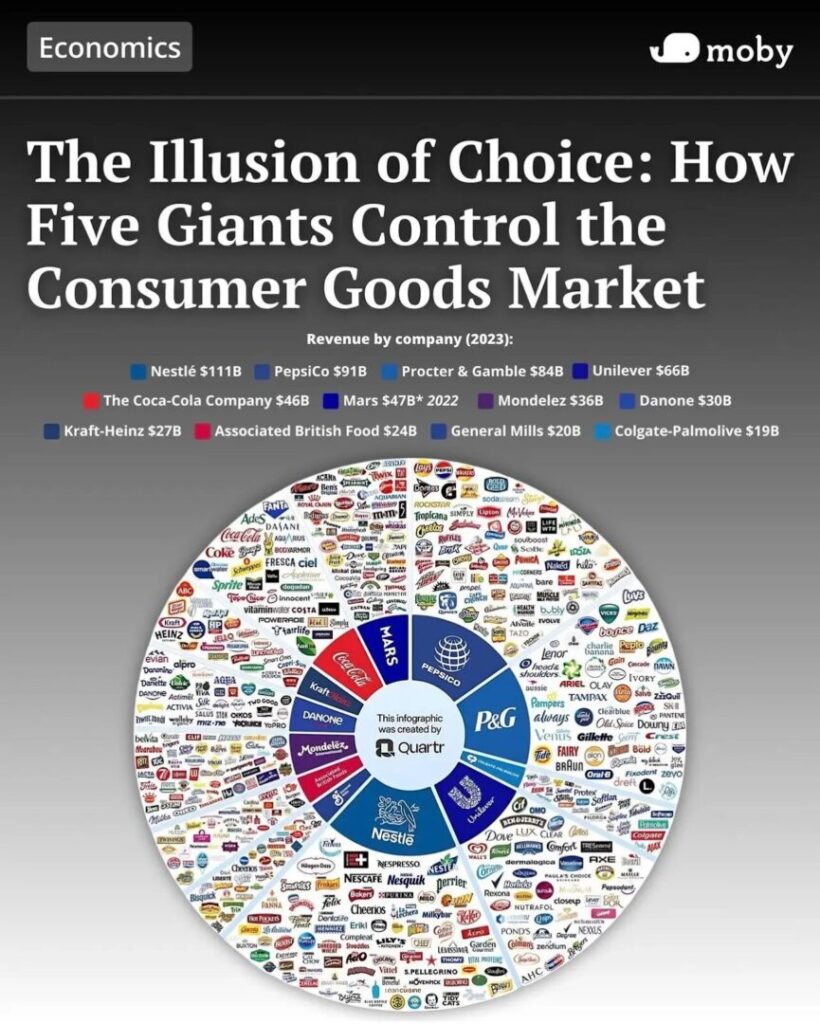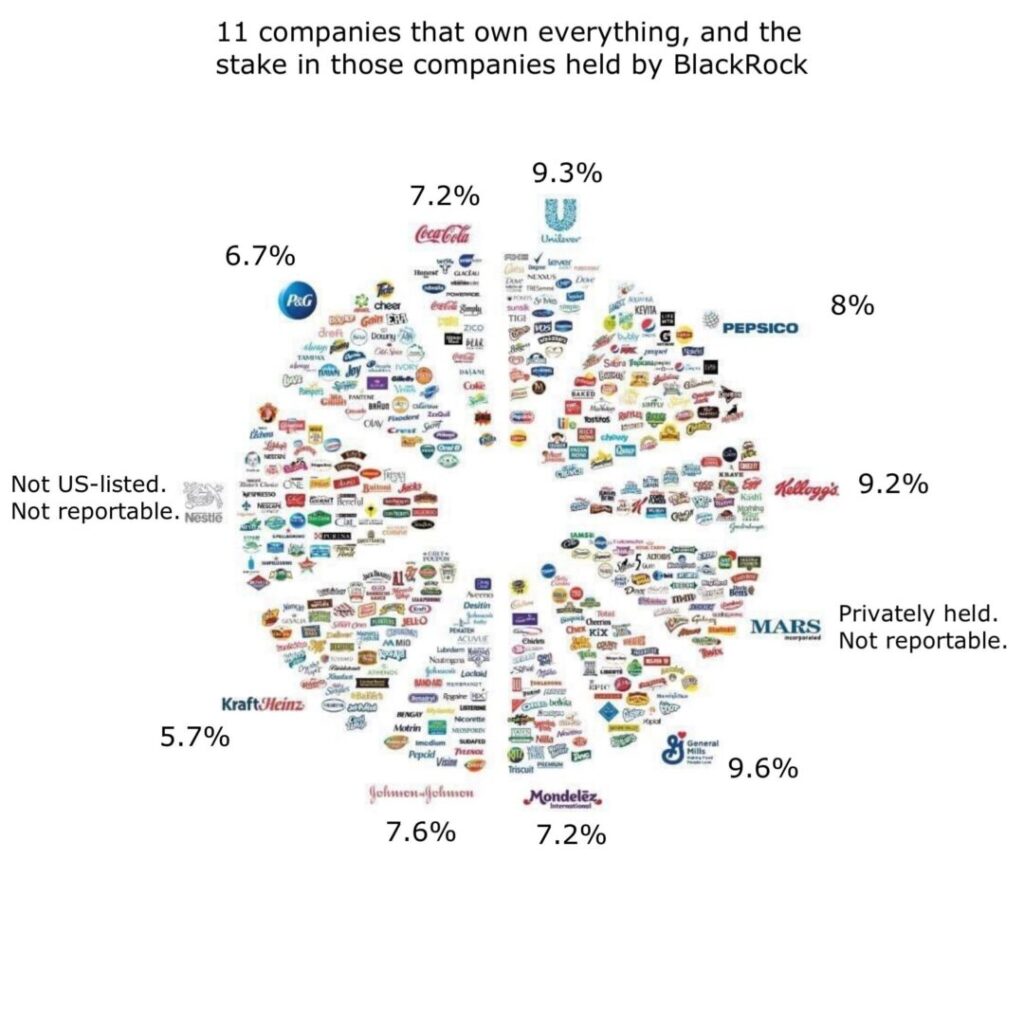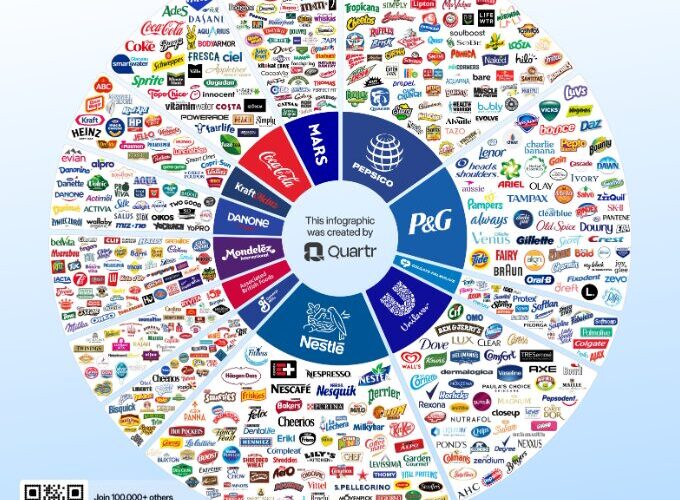The following report is by the BMJ Group, first published on September 12th, 2024:
More than half of the experts on the UK government’s nutrition advisory panel have links to the food industry, reveals an investigation by The BMJ today.
At least 11 of the 17 members of the Scientific Advisory Committee on Nutrition (SACN) have conflicts of interest with the likes of Nestle, sugar manufacturer Tate and Lyle, and the world’s largest ice cream producer, Unilever, reports freelance journalist Sophie Borland.

And at least six out of the 11 members of SACN’s Subgroup on Maternal and Child Nutrition have ties to food firms, including baby food manufacturers and formula milk brands.
SACN is a powerful group of people appointed as independent experts to advise the government, which in turn influences policy, explains Borland. Since being set up in 2000 it has produced high profile guidelines on daily salt and sugar intake, vitamin D supplements, and feeding babies.

But there is concern that both SACN – and the previous governments reviewing its recommendations – have not done enough to curb rising obesity levels and food-related ill health.
The BMJ looked at the interests declared by SACN members – in publicly available documents published on the government website – within the past three years.
Among them is David Mela, a retired senior scientist from Unilever, who has done consultancy work for Unilever, Tate and Lyle, Coca Cola’s Israel franchise CBC Israel, and Cargill, which produces cocoa and chocolate products among other things.
Another member, Julie Lovegrove, is chair of an expert group at the International Life Sciences Institute (ILSI) Europe, whose member companies include Pepsico, Cadbury’s US owner Mondelez, and General Mills, the American firm behind Cheerios and Haagen Dazs.
Members of SACN’s Maternal and Child Nutrition subgroup include Ann Prentice, a council member of the Nestle Foundation, and Marion Hetherington who has undertaken work for Danone and baby food brand Ella’s Kitchen, the latter on an unpaid basis. The group’s chair, Ken Ong, has also received research funding from Mead Johnston Nutrition, which makes formula milk.
The Department for Health and Social Care (DHSC) responded on behalf of SACN and all members named in this article, saying SACN members are required to declare any potential conflicts of interest annually – and new ones at the first appropriate committee meeting, which are included in the minutes and published on the SACN website.
It added: “No members of the committee are directly employed by the food and drink industry, and all have a duty to act in the public interest and to be independent and impartial.”
But Chris van Tulleken, associate professor at University College London and author of a best-selling book on ultra-processed food, says: “Even small financial conflicts affect behaviour and beliefs in subtle or unconscious ways,” while Rob Percival, head of policy at the Soil Association, says: “We’re concerned that the committee and its integrity might be undermined by those ties to the food industry.”
Experts tell The BMJ the make-up of SACN needs to be reviewed in light of members’ ties to the food industry. However, Kat Jenner, director of the Obesity Health Alliance, says these ties are partly a result of the lack of money in relevant research.
Alison Tedstone, former chief nutritionist for Public Health England, also suggests that refusing to allow experts with industry ties on SACN would “diminish” its expertise and could delay future legislation.
Yet Van Tulleken insists: “Despite two decades of work from a conflicted SACN there has been an explosion of suffering and death from diet-related disease in the UK so I don’t think it’s credible to claim that the committee has been very effective.
“There are some excellent independent experts but they are a minority and in my view their work has been hampered by conflicts of interest with the industry that has created this health crisis. SACN must become independent of the food industry.”
AUTHOR COMMENTARY
“SCAN” should more accurately be called “SCAM.”
1 Samuel 8:3 And his sons walked not in his ways, but turned aside after lucre, and took bribes, and perverted judgment.
Only a small handful of corporations own most of the food and beverage, cosmetic and toiletry products sold in stores in the United States, Canada and the U.K. …

… And groups such as BlackRock own plenty of stock in these companies.

[7] Who goeth a warfare any time at his own charges? who planteth a vineyard, and eateth not of the fruit thereof? or who feedeth a flock, and eateth not of the milk of the flock? [8] Say I these things as a man? or saith not the law the same also? [9] For it is written in the law of Moses, Thou shalt not muzzle the mouth of the ox that treadeth out the corn. Doth God take care for oxen? [10] Or saith he it altogether for our sakes? For our sakes, no doubt, this is written: that he that ploweth should plow in hope; and that he that thresheth in hope should be partaker of his hope. (1 Corinthians 9:7-10).
The WinePress needs your support! If God has laid it on your heart to want to contribute, please prayerfully consider donating to this ministry. If you cannot gift a monetary donation, then please donate your fervent prayers to keep this ministry going! Thank you and may God bless you.








Making your own meals from scratch is time consuming to be sure, but it is the only way you know what you are eating. Plus, you are worth it.
Yes. I’ve been doing this for years. A well-sharpened knife saves you some hassles. Powdered herbs like garlic, ginger, etc. are okay but not as potent as the fresh ones, though the former last longer. Fast food should pretty much be a no-go by now, with all of the information we’ve been led to about how toxic these things are.
x44icq
You made some decent factors there. I regarded on the web for the issue and found most people will go together with along with your website.
Really clean internet site, appreciate it for this post.
I believe you have mentioned some very interesting points, thankyou for the post.
0okzi4
I went over this site and I think you have a lot of superb info, saved to bookmarks (:.